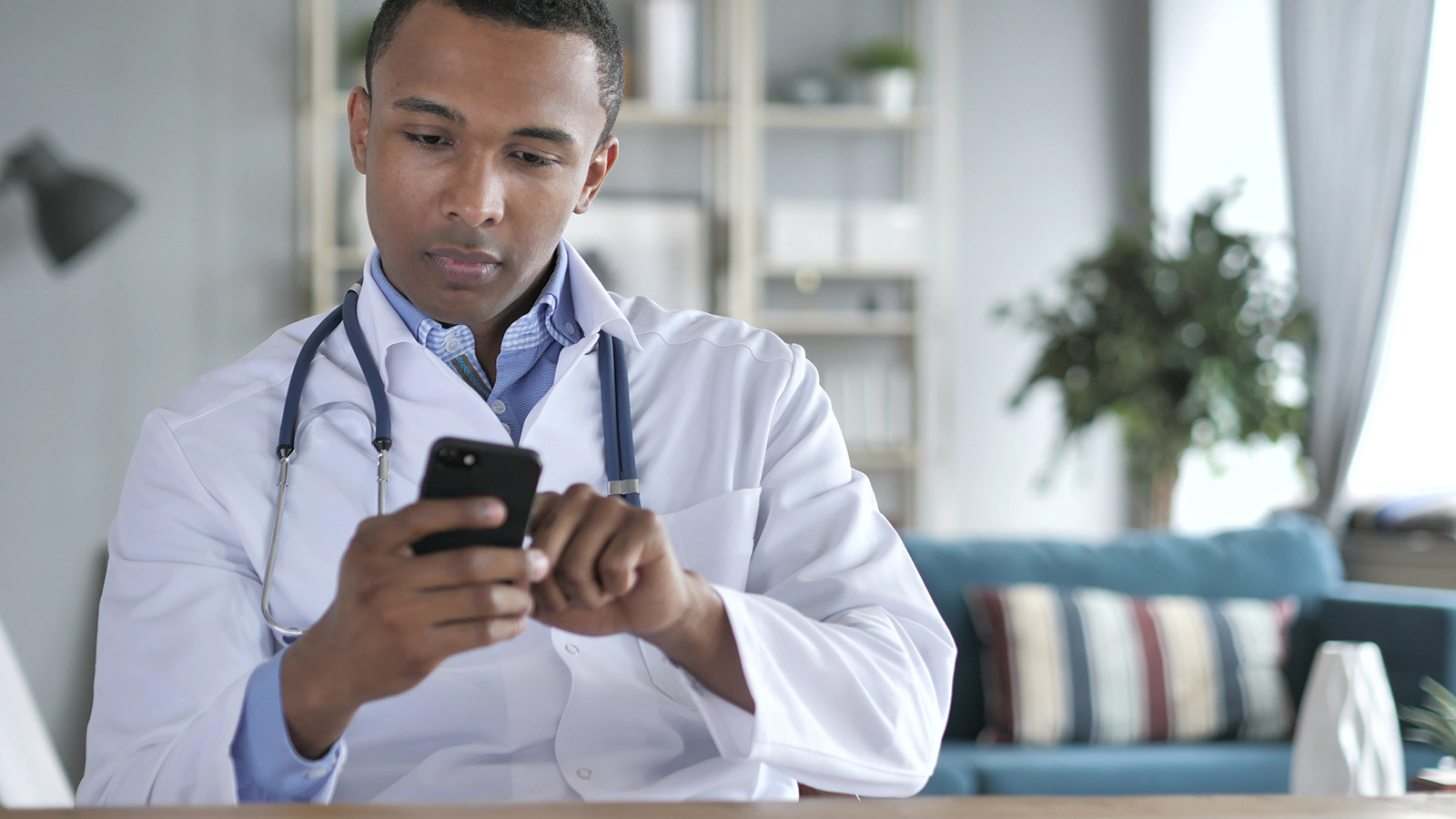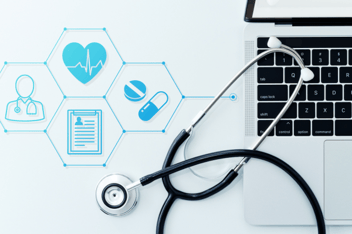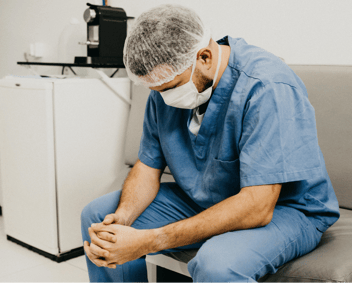Bringing security to BYOD

90 percent of hospitals are making significant investments in smartphones and secure mobile communication platforms, according to a survey by Spyglass Consulting.
And increasing numbers of hospitals have adopted BYOD, or “bring your own device” policies. BYOD in healthcare has grown because providing all clinicians with work-only cellphones would be prohibitively expensive – and nurses and doctors are already using their own cell phones for clinical communications. In fact, the Journal of Mobile Technology in Medicine noted that 91% of healthcare professionals owned a mobile phone, and 87% used it during clinical practice.
Social and technical security concerns
The adaptation of BYOD is accompanied by concerns about security.
For example, the 7Signal blog lists security concerns for BYOD that include lost or stolen mobile devices; downloading viruses or malware by accident; unintentional disclosures of sensitive medical information to unauthorized users; and unsecured WiFi usage.
In a review of studies in JMIR Mhealth Uhealth, the authors noted both social and technical challenges with BYOD, including the use of devices with insufficient security controls, lack of control or visibility by management in maintaining security, lack of guidance for BYOD usage, poor user experience, failure to comply with regulations, and shortage of cybersecurity skills.
Making BYOD safer
The JMIR Mhealth Uhealth review states that “To optimize BYOD security management in hospitals, people, policy, and technology need to be given equal emphasis. BYOD strategy, governance, education, and relevant policies and procedures also need to adapt accordingly.”
Ways to improve BYOD security, according to HealthTech magazine, include:
- Clarifying BYOD policies in writing to determine who may use personal devices, what types of data can be stored, what networks can be used to connect, and who is responsible for the secure management of personal devices
- Mandating encryption on all personally owned devices
- Employing the same management system for both personal devices and hospital-owned devices
- Creating a culture of reporting, by eschewing blame and conditioning people to report cybersecurity incidents
About Backline
Backline is the only clinical messaging platform that exceeds HIPAA requirements for BYOD. We offer exceptional data integrity for communications without users even noticing – no additional hardware, steps, or clicks. Backline was designed for use on personal devices, so it handles every BYOD issue that hospitals face.
Our platform accelerates clinical communication and gives your care teams the power to collaborate seamlessly in real time. Health systems using Backline optimize their efficiency, while increasing clinician and patient satisfaction.



